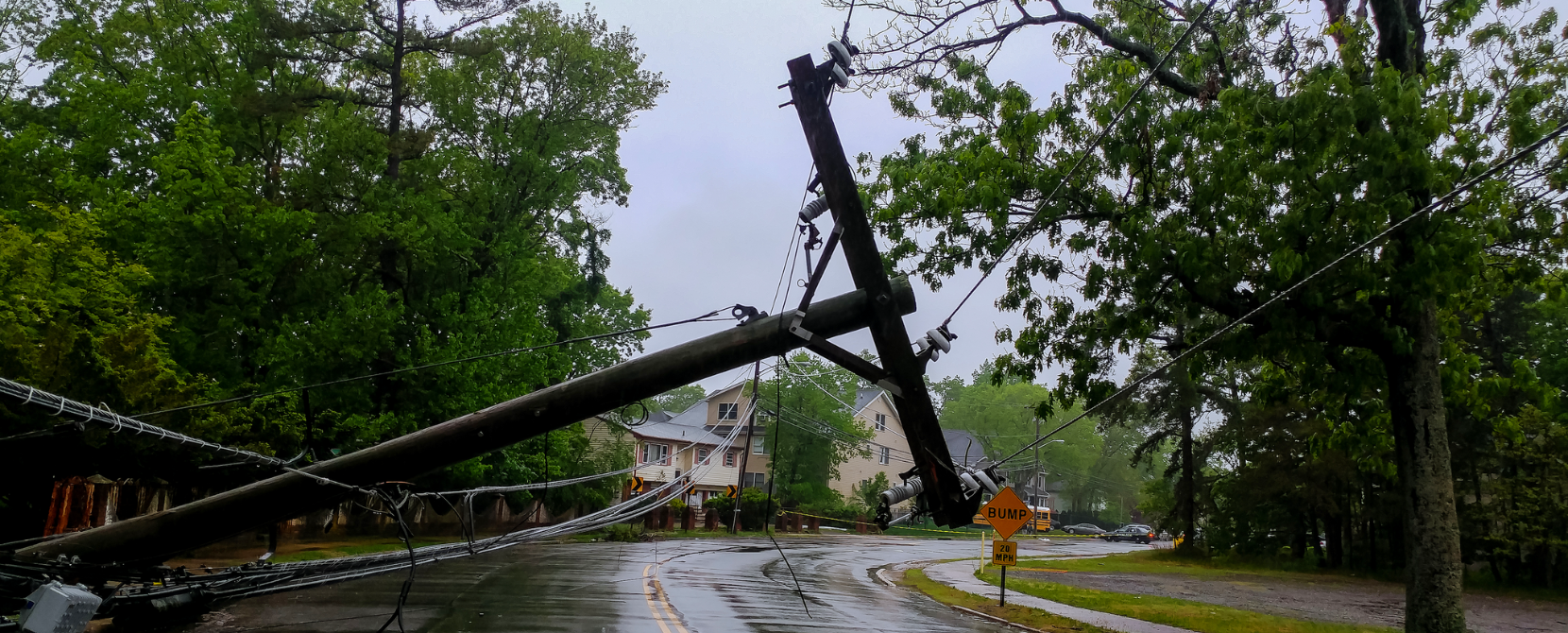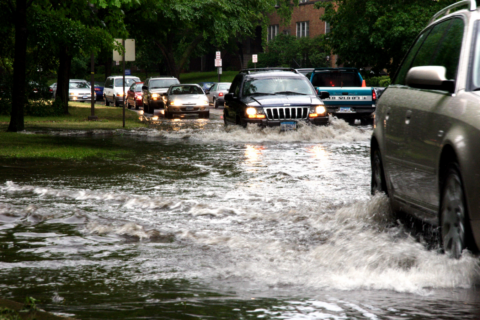In the face of raging wildfires in Hawaii and other western states, escalating heatwaves and a barrage of extreme weather events across the Midwest and East Coast, the Federal Emergency Management Agency (FEMA) has delivered a distressing message: its disaster assistance funds are on the brink of depletion. With the current trajectory, FEMA is projected to exhaust its resources by the end of the month.
FEMA expects its funds to be exhausted by the end of August, which would lead to an estimated $10 billion deficit by the close of September. While a customary “anomaly” provision could potentially provide FEMA with a near-$20 billion injection through stopgap funding legislation – a measure lawmakers would ideally pass before September 30th – the timeline may prove inadequate, particularly with hurricane season arriving.
Bipartisan Responses Introduced in Congress
A growing number of House lawmakers, representing districts susceptible to hurricanes and other natural disasters, have rallied in support of a bipartisan emergency spending bill to fund FEMA. Rep. Jared Moskowitz (FL-23), former director of the Florida Division of Emergency Management, introduced legislation in the House to inject $11.5 billion into the disaster relief fund.
In the Senate, three Republican senators from hurricane-prone states – Marco Rubio and Rick Scott of Florida and Roger Wicker of Mississippi – have introduced a bill that closely aligns with the House proposal. It would add $11.5 billion to the disaster relief fund.
While there is bipartisan momentum behind an emergency supplemental, there is also the risk of controversial provisions being added that would make bipartisan support difficult, from military assistance for Ukraine to aid for migrants crossing the southern border.
The Path Forward
President Biden sent a request to Congress on August 10th to allocate $24 billion in emergency aid to Ukraine, an additional $12 billion to bolster federal disaster funds and $3.9 billion for border and migration issues.
Homeland Security Appropriations Chairman David Joyce, (OH-14), maintains a cautious optimism, asserting that FEMA presently boasts sufficient resources to tackle the immediate challenges posed by severe weather events. However, the unpredictable nature of this year’s federal budget negotiations leaves the question of an eventual supplemental appropriation in the balance.
On the House front, Democratic appropriators acknowledge the pressing need to replenish the fund, yet the decision to act on a standalone supplemental appropriation is unclear. In a broader context, senators from both sides of the aisle have vocalized their support for a disaster relief supplemental appropriation.
To expedite the passage of these critical funds, it is likely that Congress will seek to add funding to a must-pass bill for broader government funding like a Continuing Resolution, slated to be enacted by October 1st, thereby averting any potential shutdown of federal offices.
NLC’s CEO and Executive Director, Clarence E. Anthony, sent a letter to Congressional leadership urging them to “prioritize and expedite the approval of emergency supplemental appropriations for disaster relief funding.” NLC will continue to follow the situation and work with federal leaders to ensure FEMA receives the necessary funding to continue supporting local governments in natural disaster recovery efforts.








